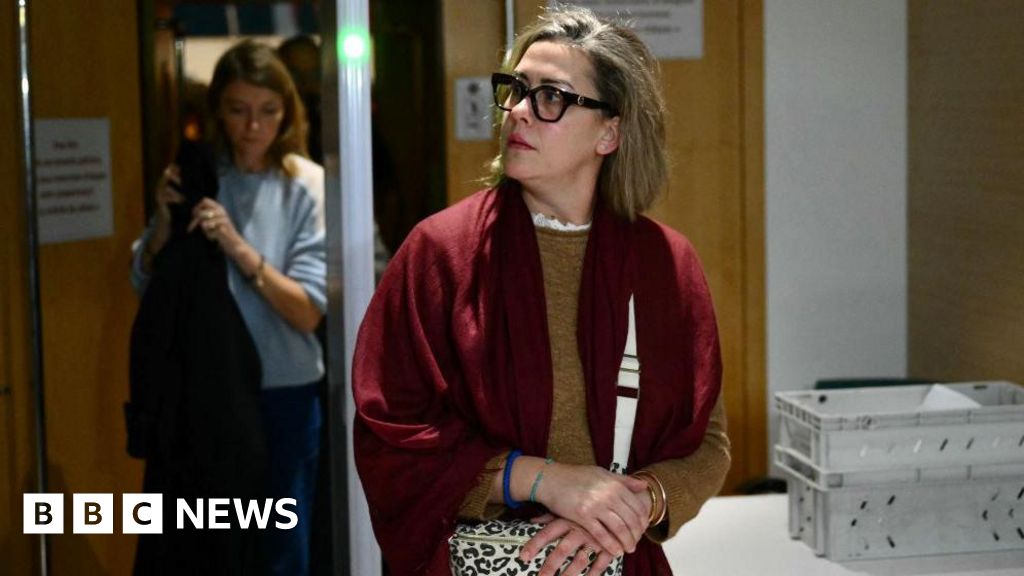They pleaded with the judges to hand down sentences that reflected the extent of the suffering of Gisèle Pelicot and her family.
Mr Camus said he was aware of the “expectations and hopes in this room and beyond” for the trial, which he said he described as historic, because “we badly, urgently want and need it to be”.
Leaning heavily on the notion of free will, he dismissed the defence’s argument that many of the men who allegedly raped Ms Pelicot did so because they were intimidated, manipulated or tricked by her husband. “Manipulation is not hypnosis,” he said.
The fact they were all aware that Mr Pelicot was “recruiting” many other men too should be taken into account by the judges, he added.
“Everyone who came into that house of horrors knew that others had come before him and others would follow,” Mr Camus said.
His colleague painted a devastating picture of Ms Pelicot’s life since her husband’s crimes had become known.
Stéphane Babonneau then described what had led Ms Pelicot – who by then was living in a small village under her maiden name – to give up her anonymity and open the trial to the public and the media.
It was in 2023, he said, when French media began reporting on the Pelicot case using pseudonyms that “a feeling of rebellion started to take hold of Gisèle Pelicot”.
“She decided to take back control of her life. The moment had come for shame to change sides.”
The will to stop hiding had awoken in her, he said, because she hadn’t done anything wrong. And she thought the details of her case and the videos of the alleged assaults would help expose the reality of rape.
“For her story to be useful and to help other women she understood she had to give up the anonymity that had served her for years,” Mr Babonneau explained. “She had to accept she would forever be the victim of the Mazan rapes.”
The lawyer also urged judges not to accept that the defendants had made a “mistake” when – as some have said – they raped Ms Pelicot involuntarily or “out of stupidity or ignorance”.
“If you accept the right to make a mistake, what will stop another man tomorrow from saying that when a woman told him ‘no’ he actually understood ‘yes’? That he also made a mistake?”
“I ask you to reject the right to make mistakes which would put society in danger – and at the risk of seeing more Gisèle Pelicots,” Mr Babonneau said.
He ended by paying tribute to Ms Pelicot and said the trial would be a “legacy” for future generations: “They will hear the name Gisèle Pelicot, they will hear about her courage and about the price she paid.”
Turning to look at Ms Pelicot, he said: “You did your job. You went beyond what was expected of you.”
“Now, pass on the torch to the others to carry on the fight you never chose.”
Gisèle Pelicot, to his right, wiped her eyes.

